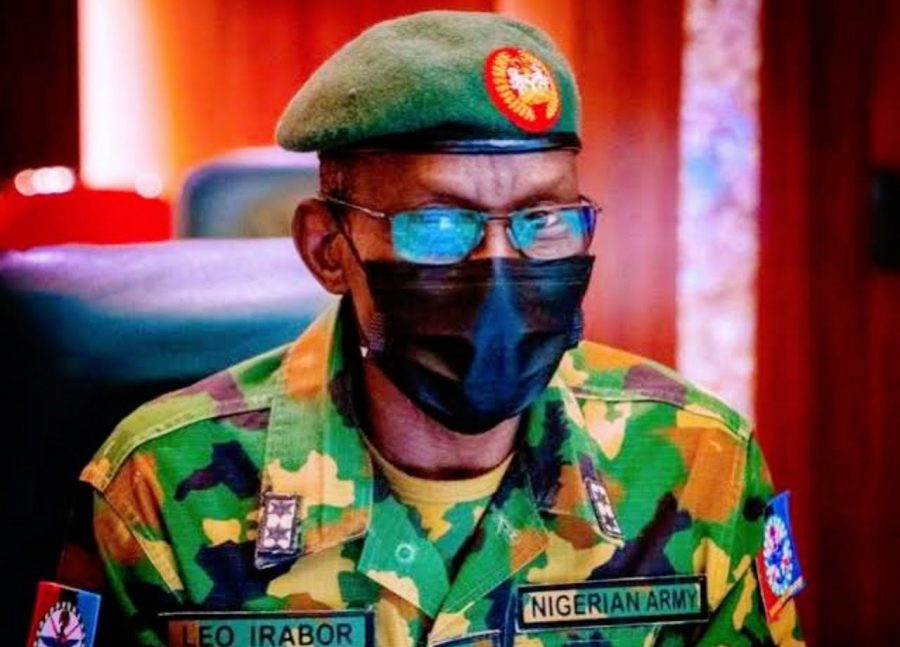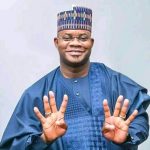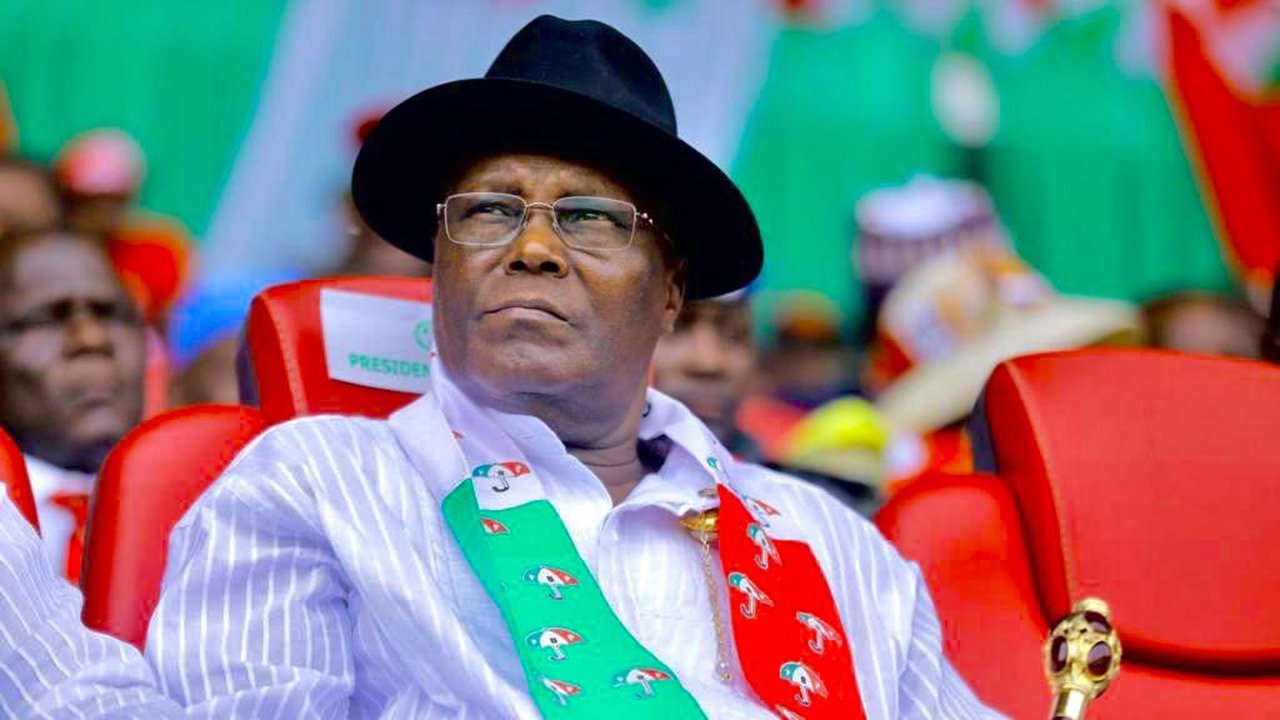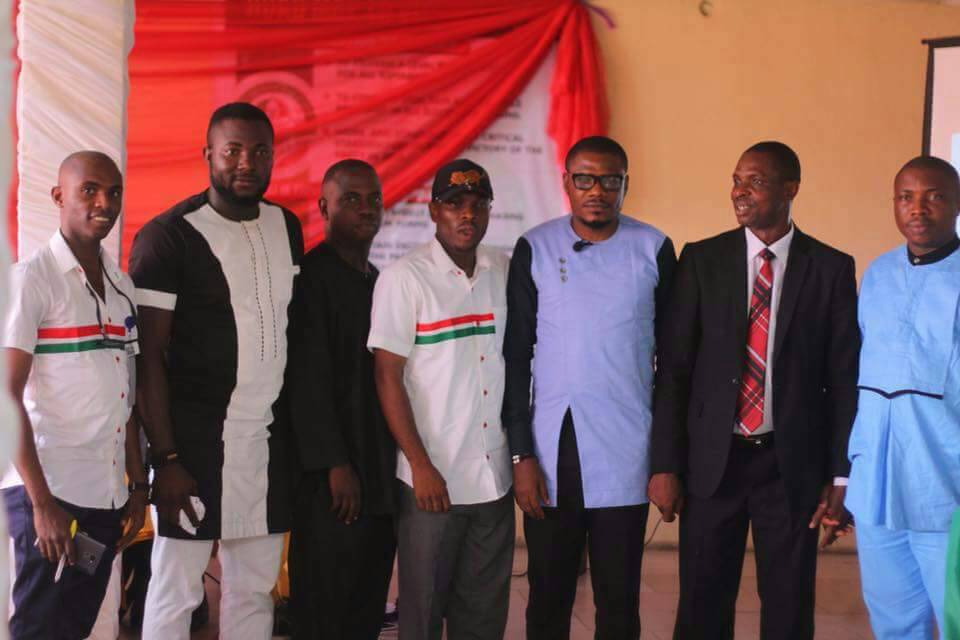The Chief of Defence Staff (CDS), Gen. Lucky Irabor, says that journalists and the Armed Forces of Nigeria are partners in progress in ensuring enduring peace and tranquility in the country.
Irabor said this at the opening of a 3-Day Conference on “Enhancing Journalists-Military Cooperation to Checking Insecurity in Nigeria” organised by Zacklair Investment Limited on Tuesday in Abuja.
Represented by the Chief of Defence Civil-Military Cooperation, Rear Adm. Adeseye Ayobanjo, the COAS said that journalists had steadfastly executed the duties of informing, educating and enlightening the public.
Irabor said that the journalists update the public daily on occurrences and activities happening around them and beyond.
He added that Section 217 of the 1999 Constitution of Nigeria as amended, entrusted the military with the responsibility of defending the country from external aggression.
According to him, the military are also empowered constitutionally to maintain its territorial integrity and securing its borders from violation on land, sea or air.
”It can be deduced that journalists work on the minds and soul of the populace using their medium and platforms to condition the minds of people and set agenda to enable people make informed decisions on day-to-day issues.”
Irabor said the military on the other hand, had the responsibility of ensuring that the physical space was not threatened or violated by any injurious force or actions.
These actions, he said are perpetuated by enemies of the state that could lead to disruption of peace and orderliness in the society.
He said that journalists and members of the armed forces remained partners in progress that needed each other to actualise the mandates of their professional callings.
“For instance, notwithstanding military monopoly in the use of the weapons of violence, it cannot win the war in the hearts and minds of the people by kinetic means.
“On the other hand, in spite of journalists’ ability to use the power of the pen and media to articulate and disseminate opinions and issues, they need a safe space and conducive environment.
”This is facilitated by the military and other security agencies for human activities to thrive.
“This marriage of necessity between the military and journalists has come to stay because there cannot be any form of development in the absence of enduring peace and transquility.
”That said, the marriage is not altogether without conflict,” he said.
The defence chief said the conference was timely in view of the myriads of contemporary security challenges bedeviling the country vis a vis the various military operations being conducted to stem the tide of criminalities in various parts of the country.
He said that patriotism would help both military and journalists to set aside professional differences and peculiarities to project the country favourably in the eyes of both national and global communities.
”Being patriotic entails that we will not remain unconcerned in contributing our quota towards addressing and proffering solutions to security problems in the country.
“Patriotism is also key in advancing the whole-of- the-society approach, which harps on the need for all hands to be on deck to defeat the enemies of the state.
“As we all know, security is everyone’s business,” he said.
The former Defence Spokesman, retired Maj.-Gen. Christopher Olukolade, said that collaboration between the Nigerian military and the media was a major pillar in the civil military relations as well as the security of the nation.
Olukolade said the need for better relationship between the media and the military were significantly indispensable as they tried to seek solution to security issues in the country.
The former Defence spokesman said the forum would provide opportunity to promote understanding between the critical stakeholders in sharing ideas and bridge whatever communication gap that had existed between them.
Also, the former Director, Army Public Relations, retired Brig.-Gen. Sani Usman, called for enhanced cooperation between the military and the media with a view to promote national security.
Usman, who delivered a paper titled, “Enhancing Military-Journalist Cooperation to Checking Insecurity”, said the existing mistrust between the two should not hamper the needed cooperation between them.
He also identified conflict of interest as a major obstacle to achieving the needed collaboration between the military and journalists, saying that journalists must not compromise military operations while doing their job.
The President, Nigeria Union of Journalists (NUJ), Mr Chris Isiguzo, said there was need for military and the media to work together to mitigate situations that would threaten peace and stability in the society.
Isiguzo said the media had the responsibility of setting an agenda in managing conflict like the strategies for reducing conflict, adding that every situation of conflict had typical cycle or pre-conflict stage, the conflict stage and post conflict stage.
He said the interventions at each stage of the cycle might not be the same or could be a mixture, saying the intention should be to forestall conflicts or alleviate consequences.
According to him, the media, no doubt, still remain one of the most reliable institutions, especially in the context of conflict resolution and development.
He however, urged journalists to be conflict managers, long before conflicts and their attendant consequences manifests. (NAN)





